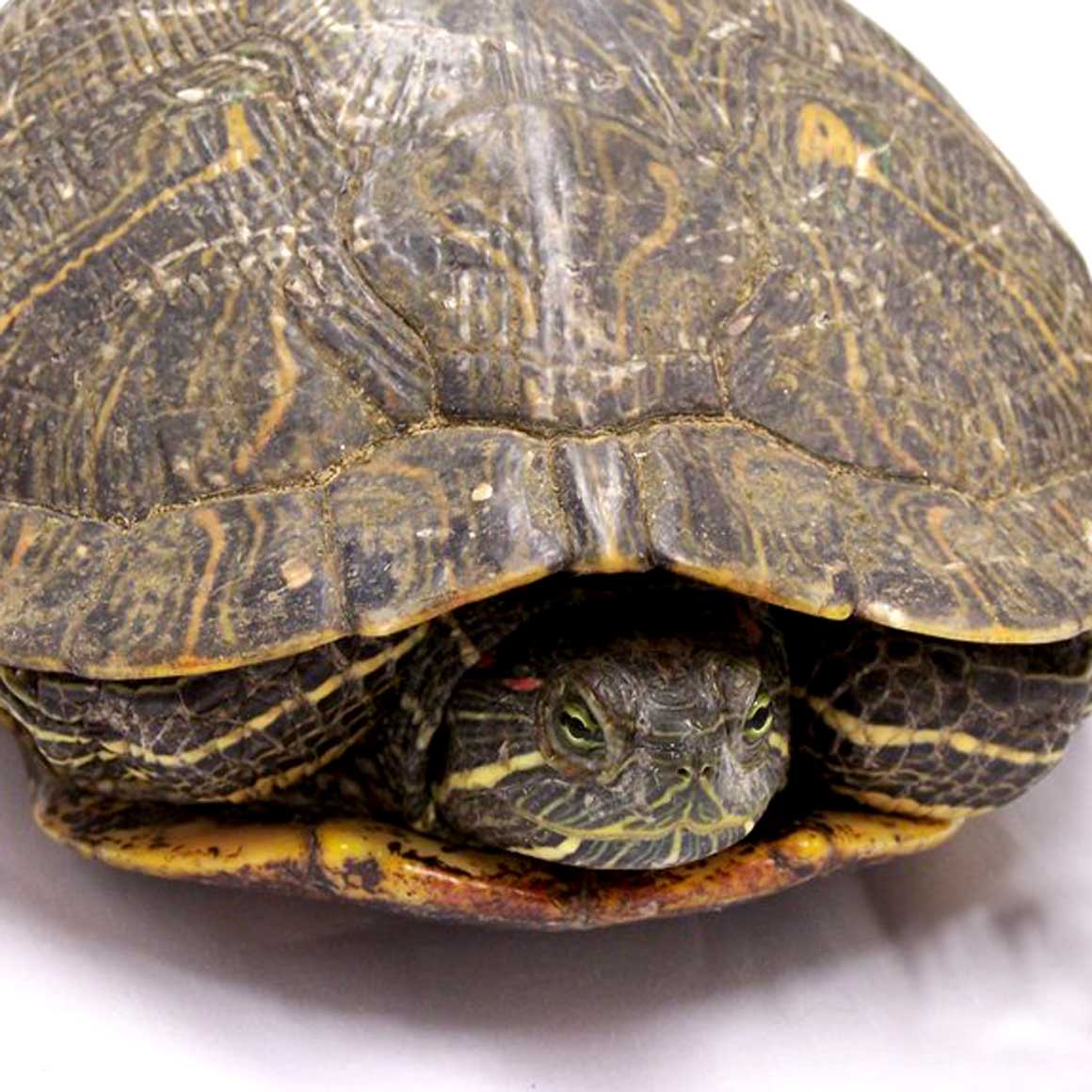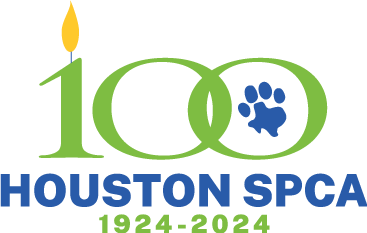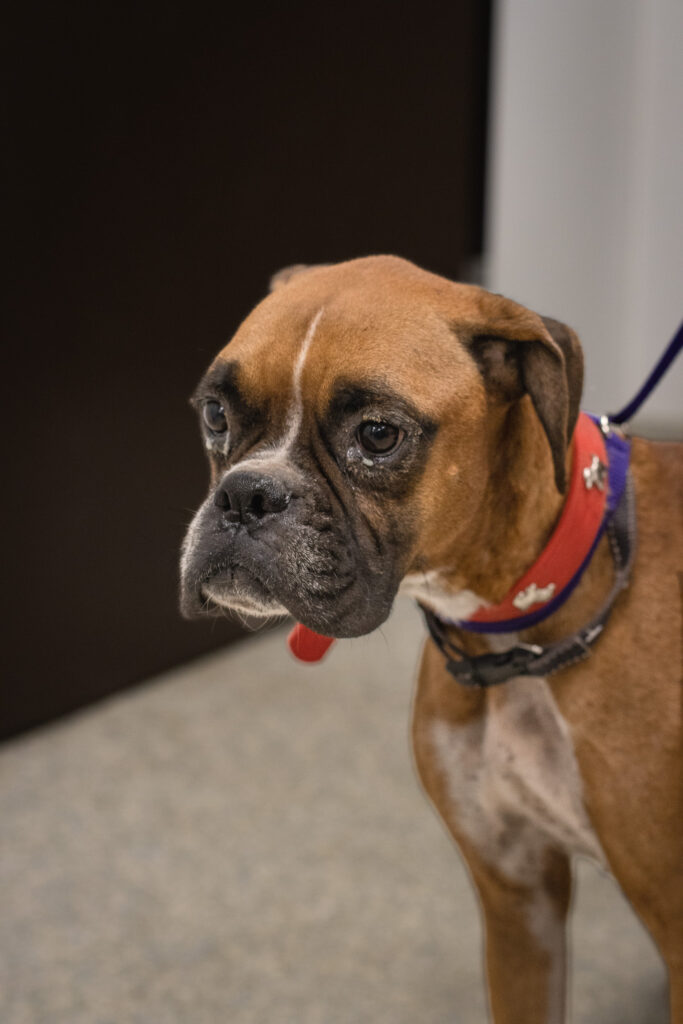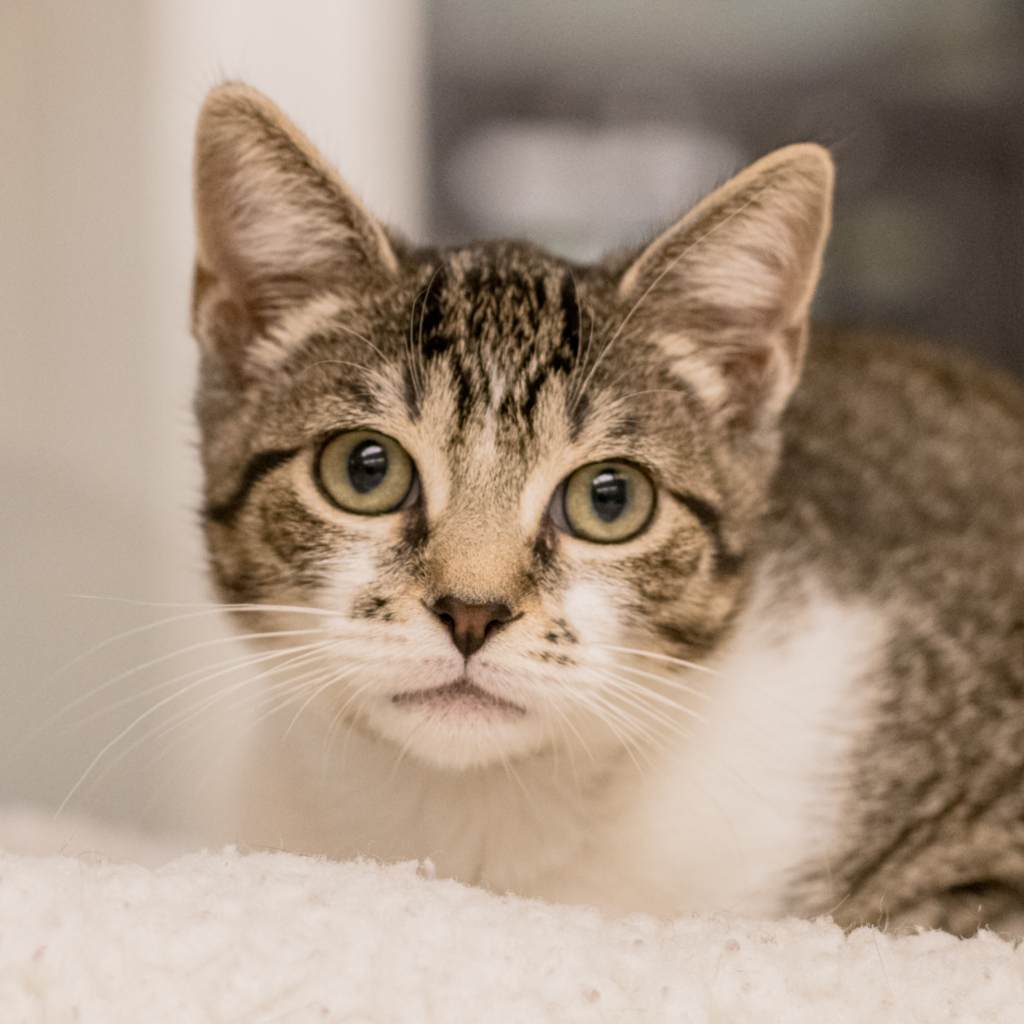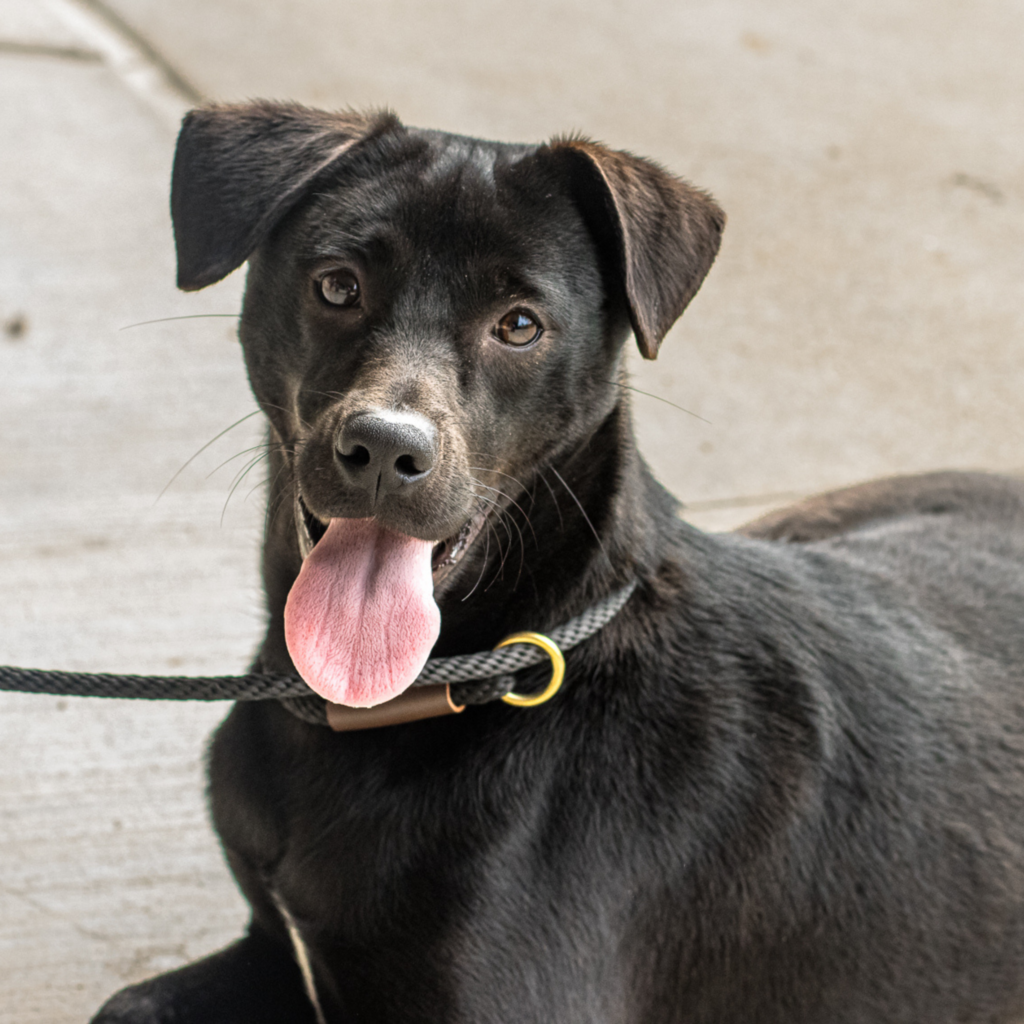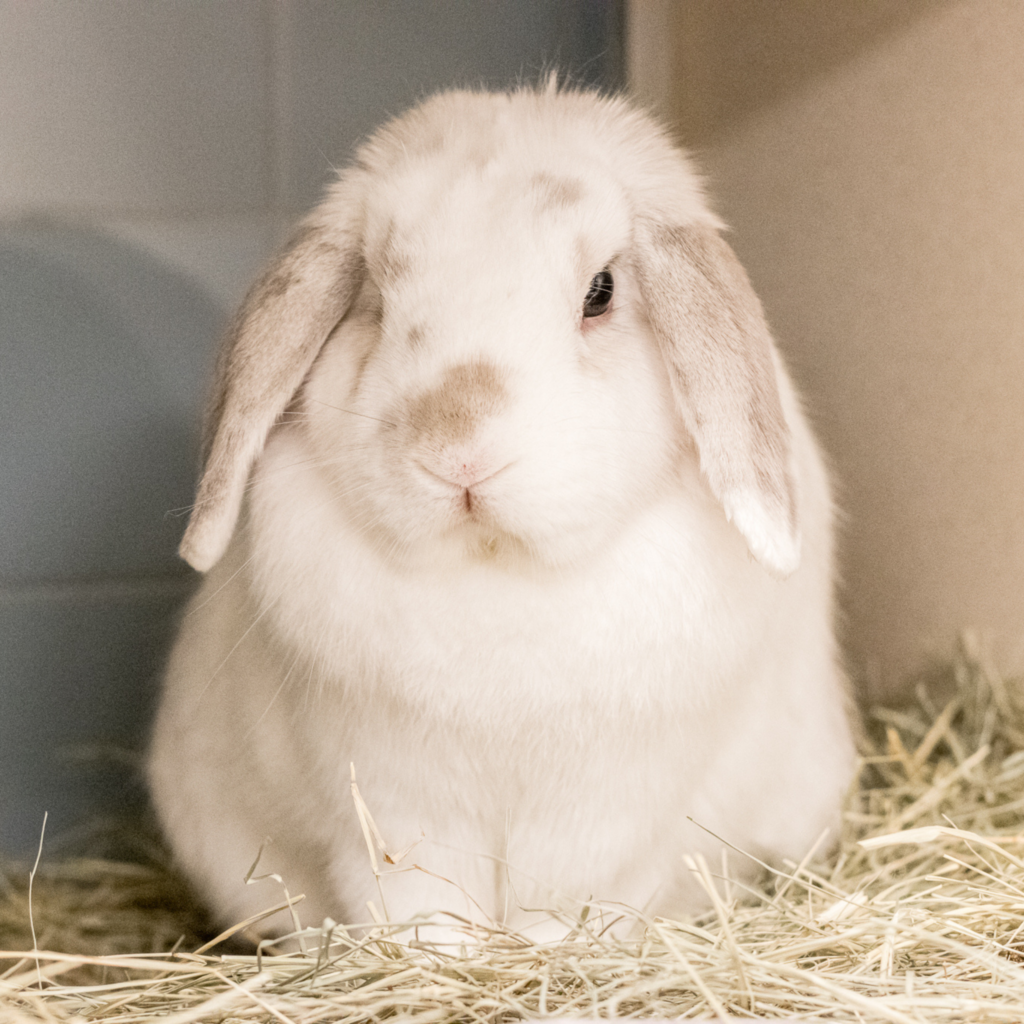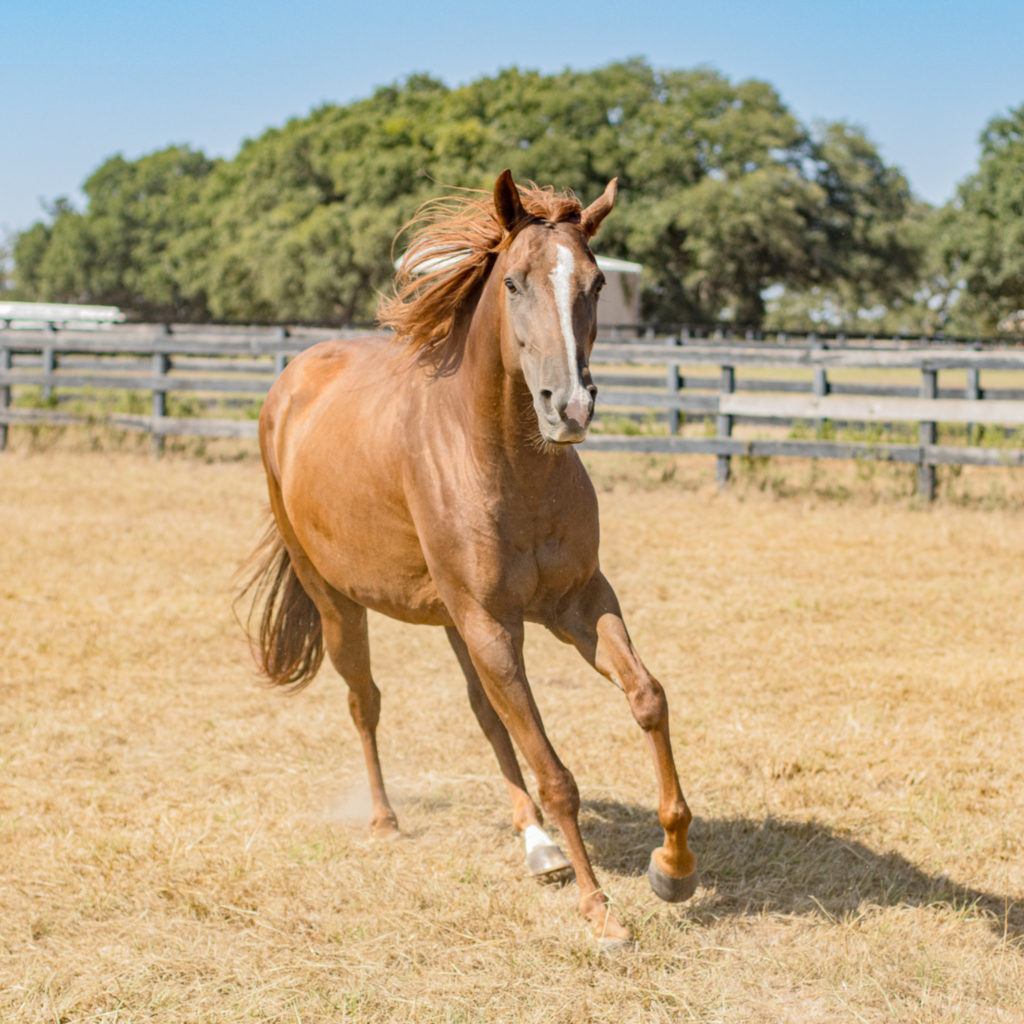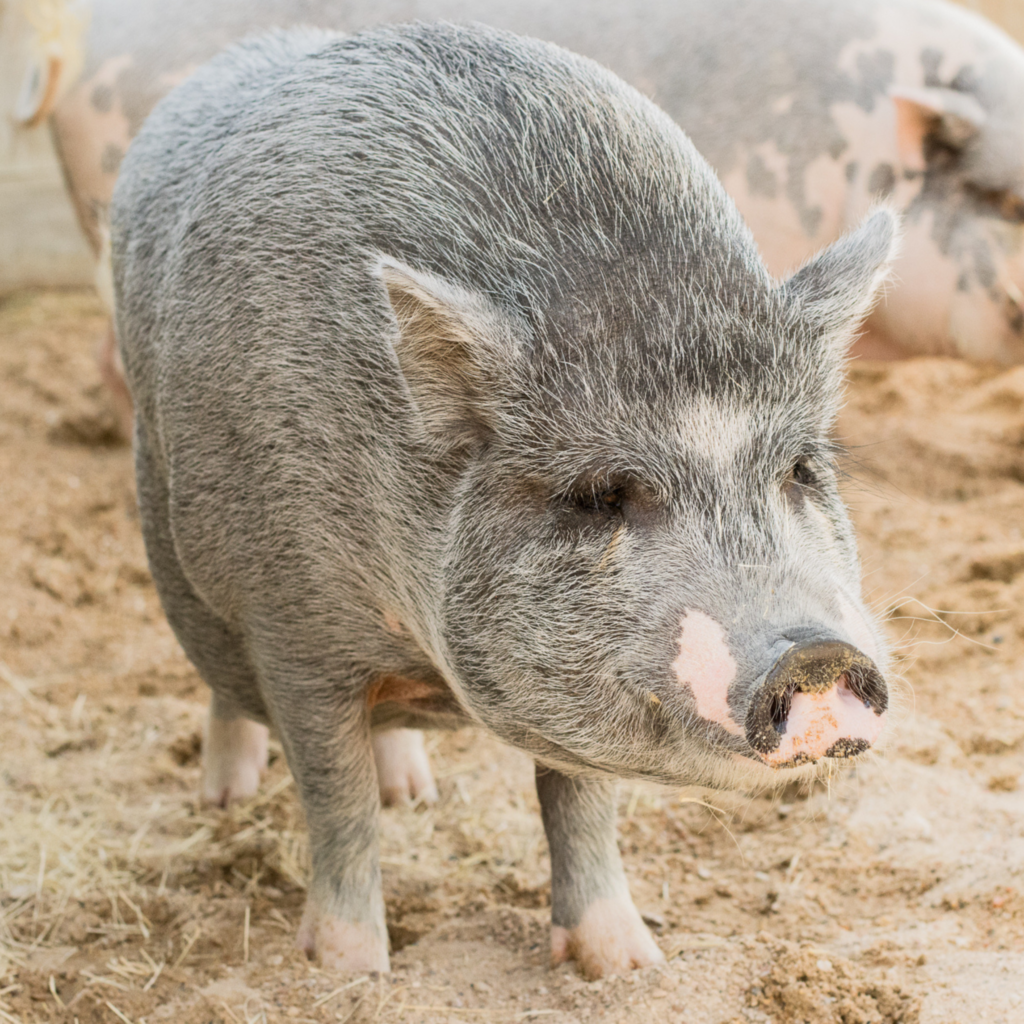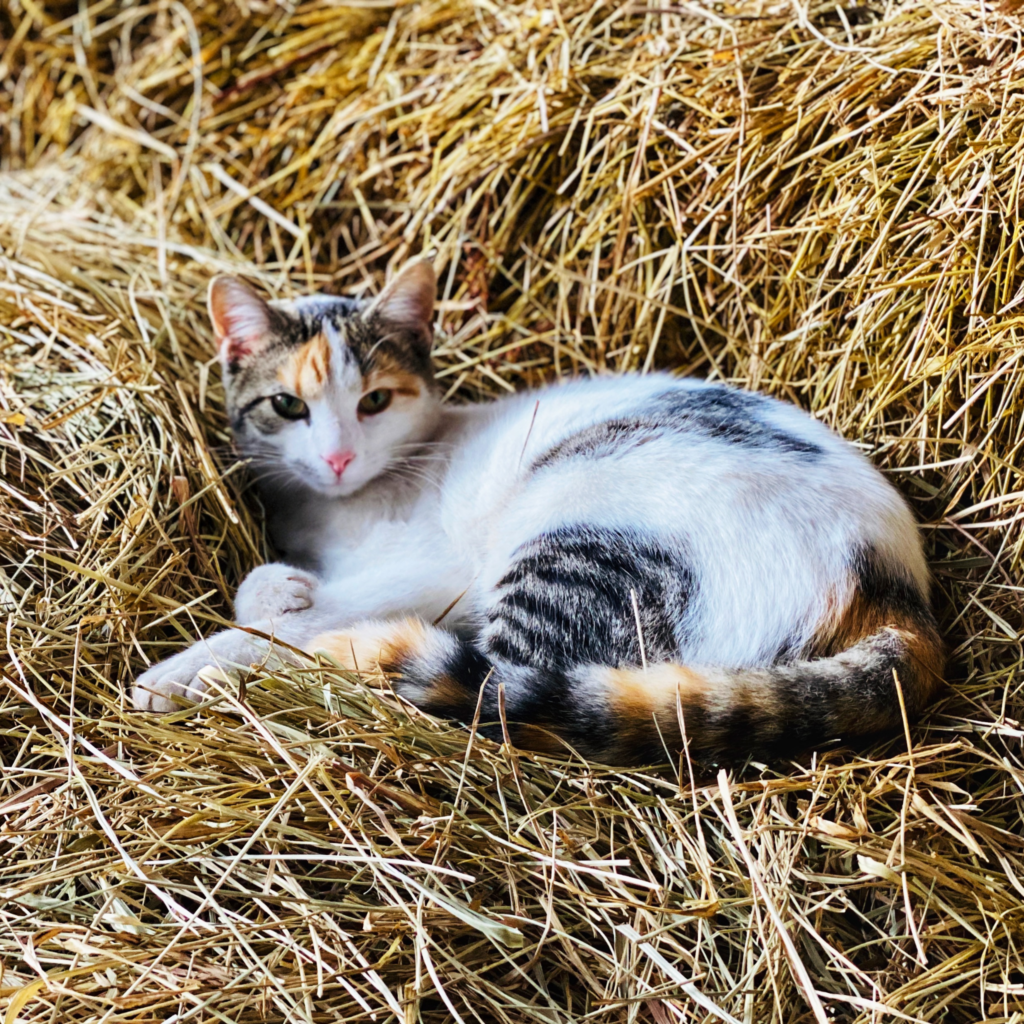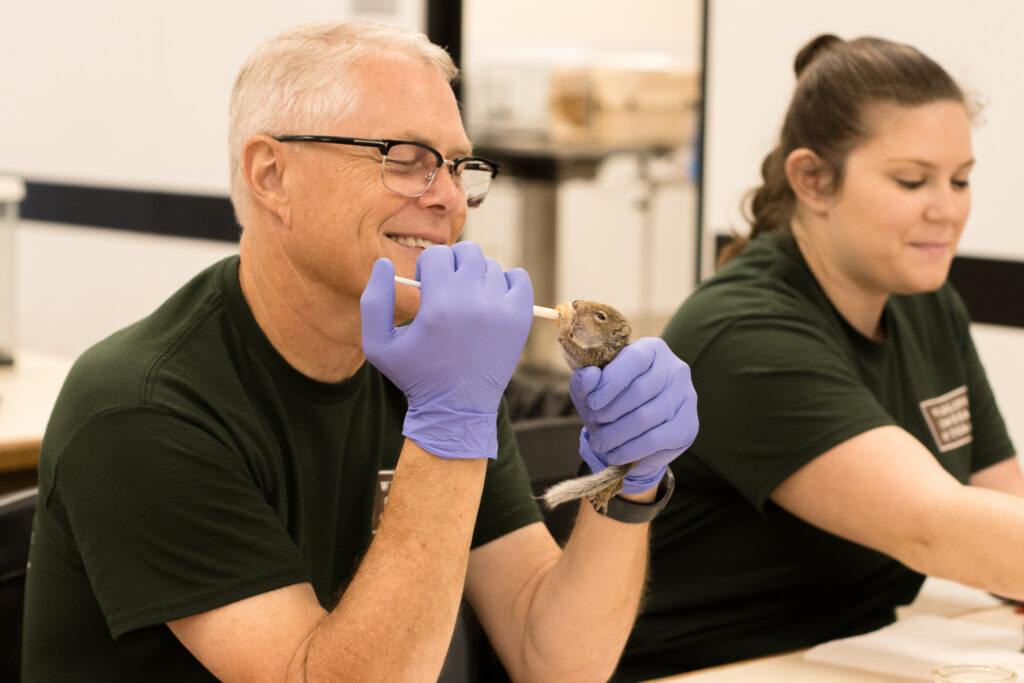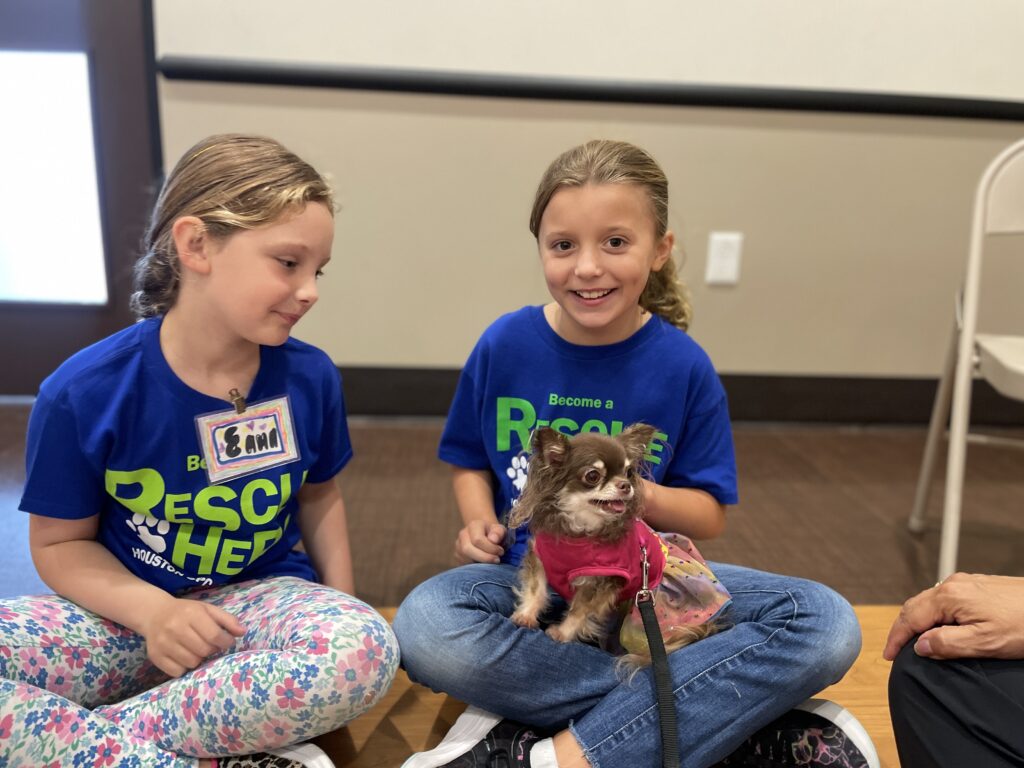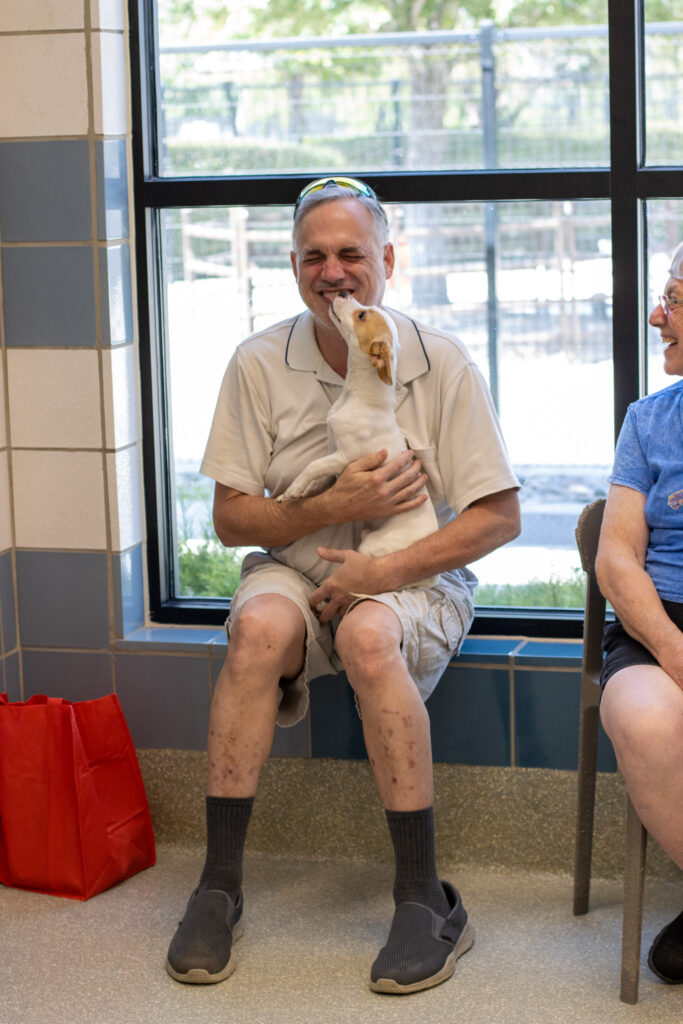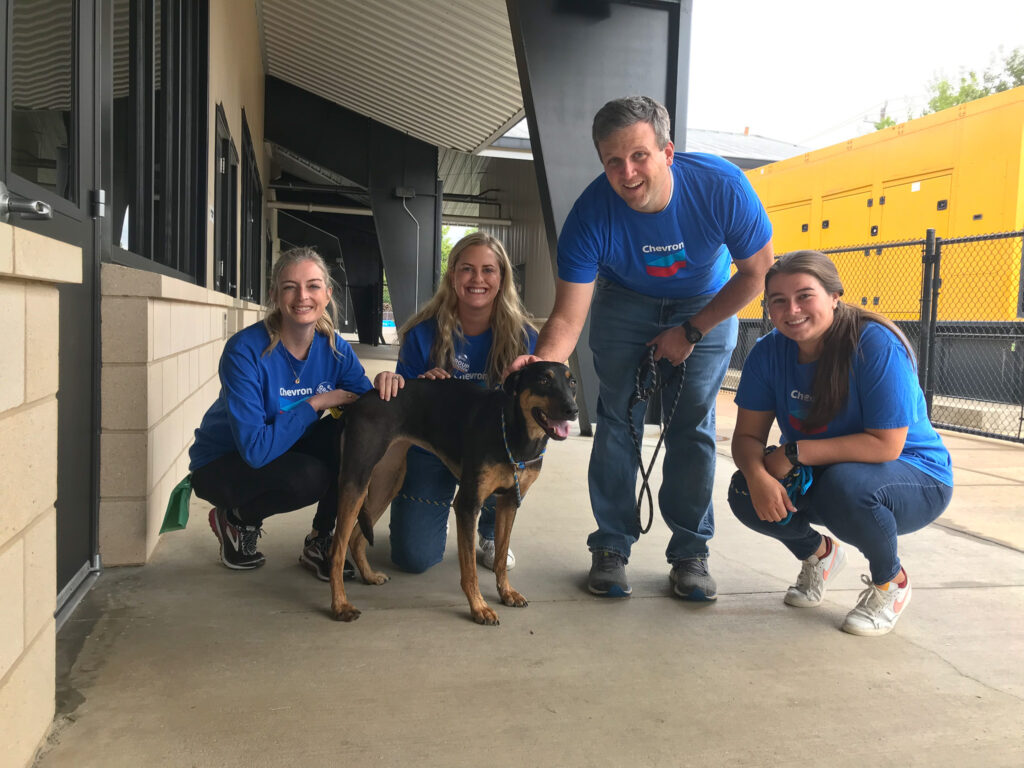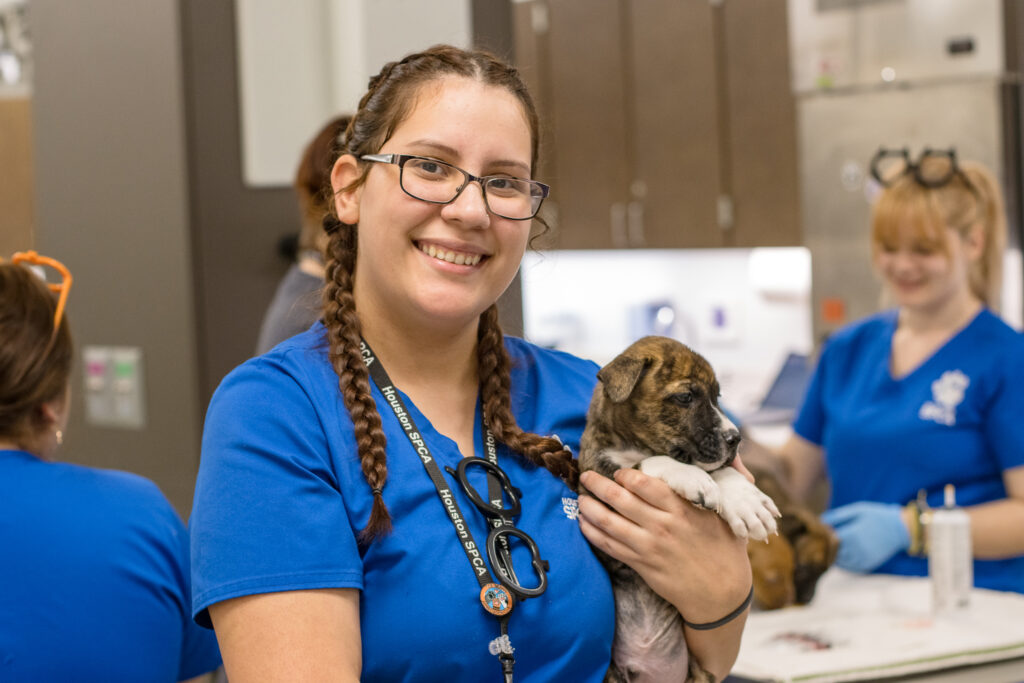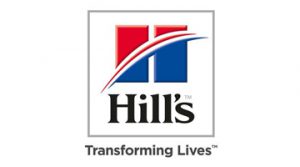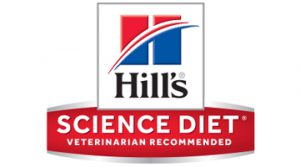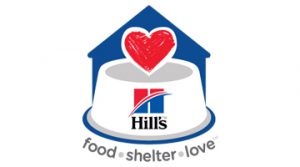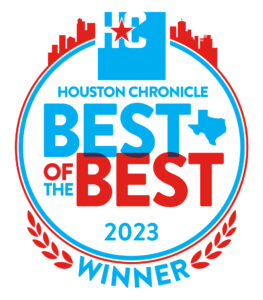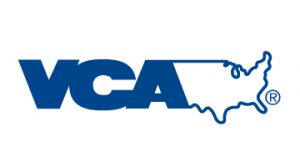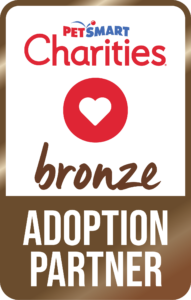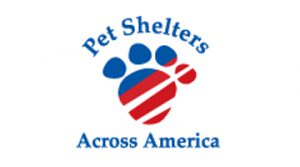WILDLIFE RESOURCES
How to Help Injured Wildlife
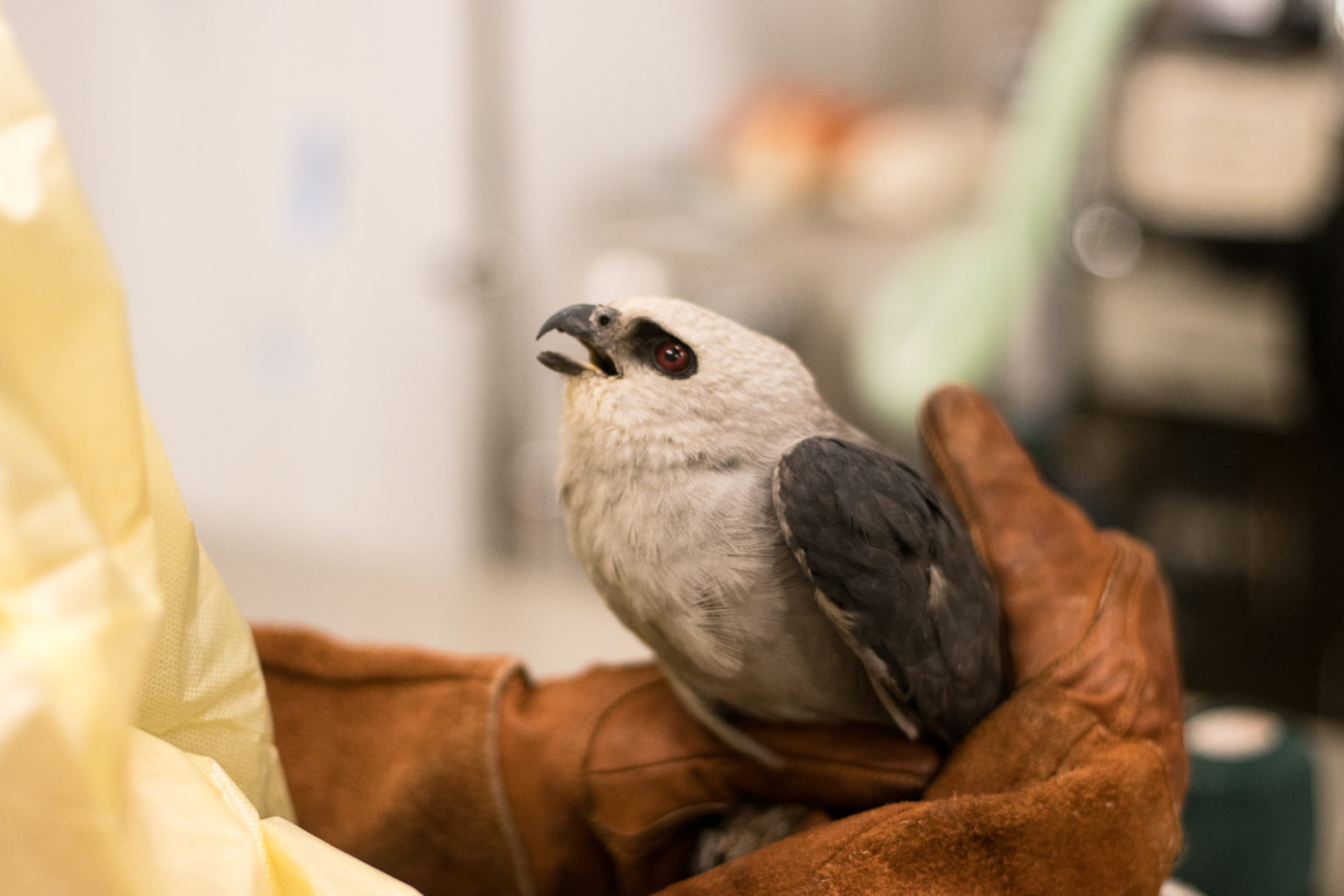
Follow These Steps:
Observe – Look for injuries, parents and siblings.
Replace – If the baby is not injured and the parents are still around, just re-nest it.
Collect – Place it in a box with soft rags and keep it warm until you can get to the center. DO NOT give the baby any food or liquids!
Contact – Reach out to us right away at 713-861-WILD.
Baby Birds
Do not attempt to give any food or liquids!
If the bird is injured or covered in flies, fly eggs, or ants, please bring the bird to the center as soon as possible. Fly eggs look like clumps of small yellow rice grains and might be laid on any broken skin or body opening.
Nestling birds
If the baby is not injured, you can attempt to reunite with the parents by placing it back into the nest. If you cannot find or reach the nest, place the baby bird in a hanging basket with small holes drainage (use a laundry basket for birds of prey) and hang the basket from a tree limb or attach it to the trunk near where you found the bird. Wait and watch for the mother bird to return; your scent will not deter the mother from caring for the baby. If there is no activity within two hours, bring the baby bird in.
Fledgling birds
Fledgling birds are fully feathered and might be found hopping or running along the ground while they are learning to fly. If a fledgling bird looks uninjured, the best approach is to place it in a bush or small tree and keep pets away from the area. Wait and watch for the mother bird to return to feed it. If the mother has not been seen within four to six hours, bring the bird in to the Wildlife Center of Texas.
Exceptions:
- Screech owls and Barn owls nest in cavities and should not be re-nested unless the original nest location is known.
- Herons typically do not tend to babies that have fallen from the nest. Pick up any baby herons on the ground and bring them in.
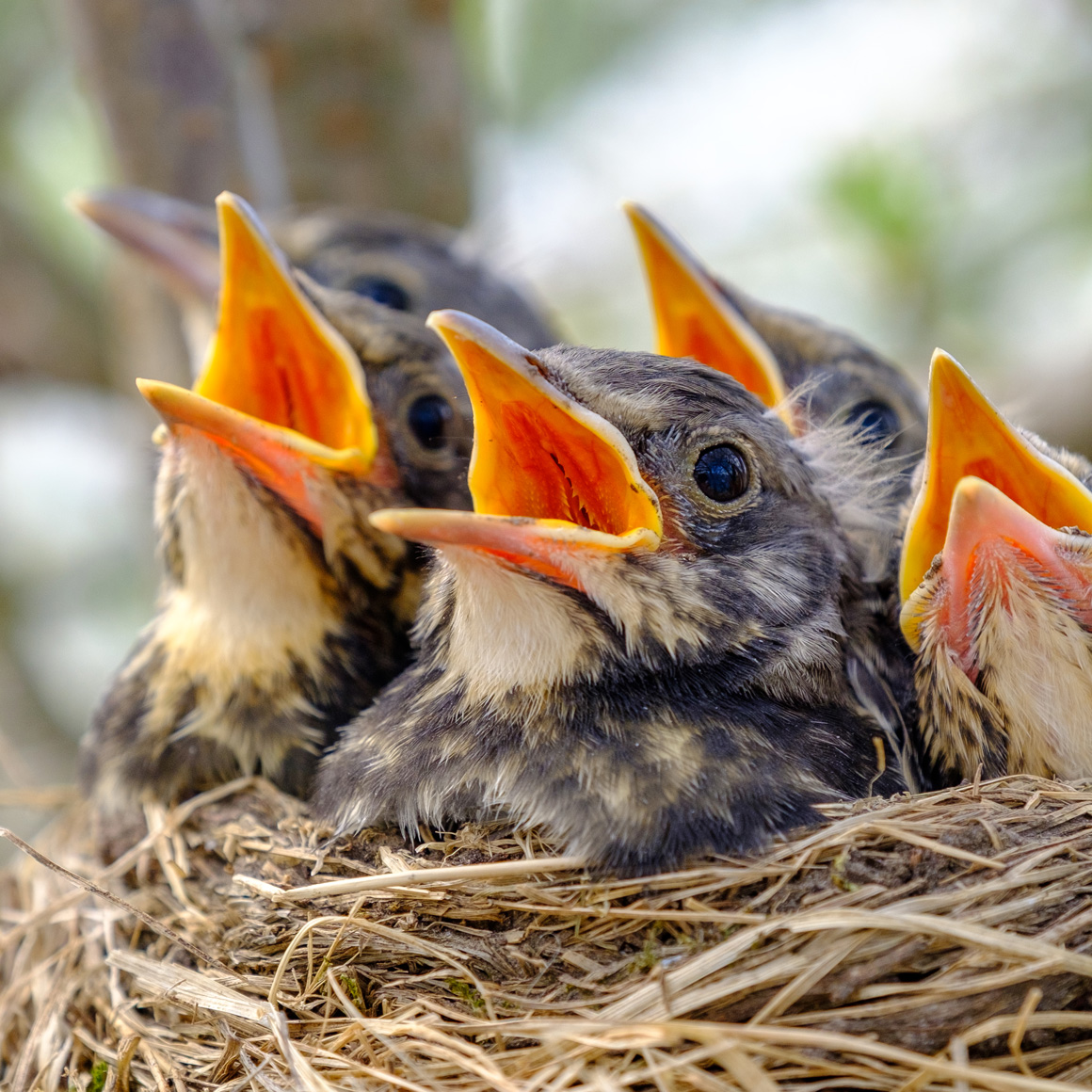
Baby Mammals
![]() Do not attempt to give any food or liquids!
Do not attempt to give any food or liquids!
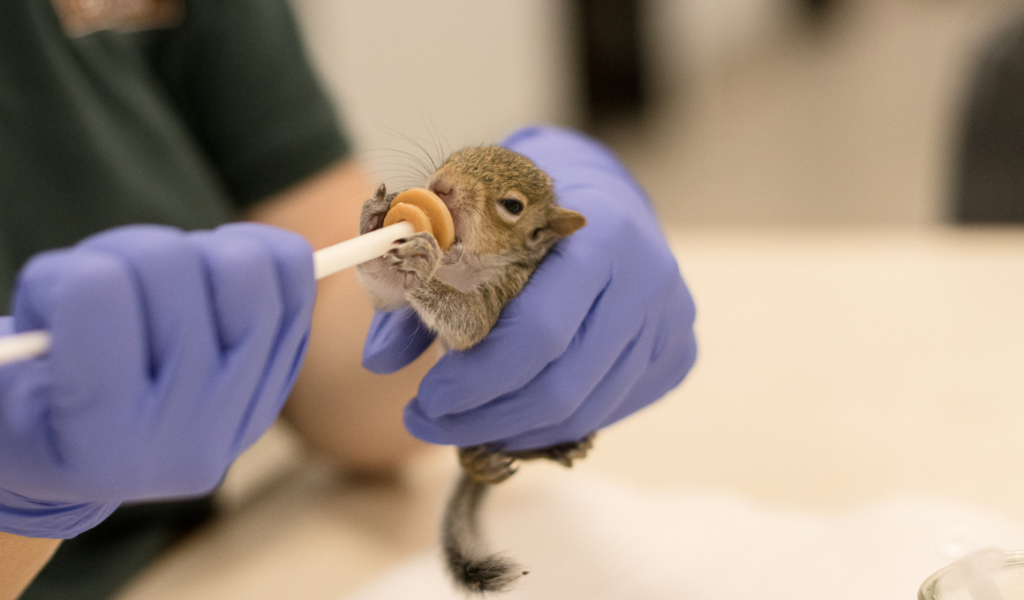
Squirrels
If the baby is not injured, place it into a box with a soft cloth and place the box at the base of a tree for the mother to retrieve. Watch for ants on the ground near the baby that may get into the box. If the squirrel does not pick it up within the next two to three hours, bring the baby to the center.
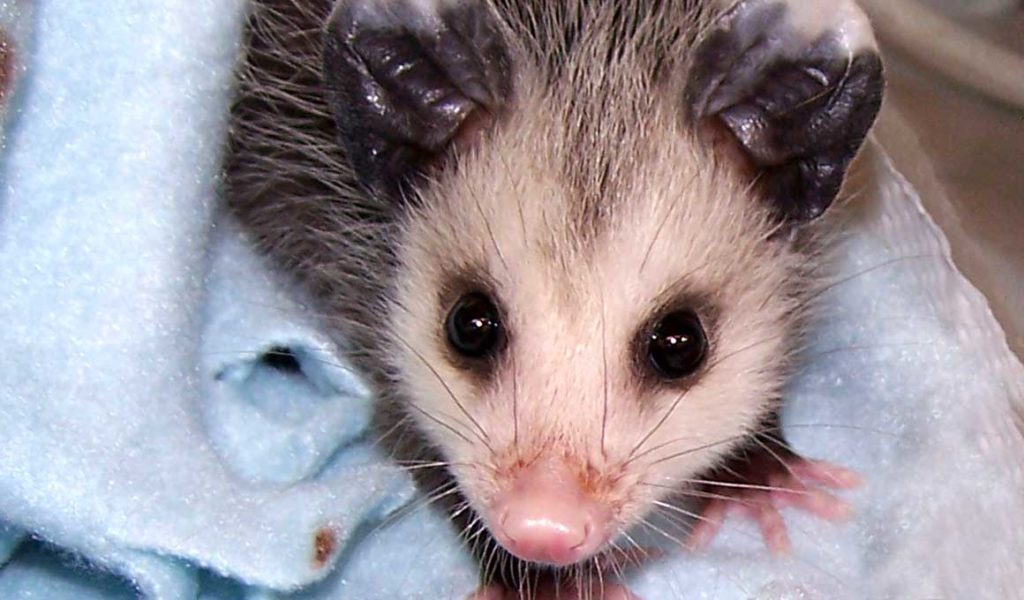
Opossums
Mother opossums who have lost their babies do not come back for them. Please bring in any baby opossums that are less than 8” from nose to rump (not including the tail). If you found a dead mother with babies in the pouch, you can bring in the deceased mom and we will remove the babies on site. Do not cut the nipples to remove the babies from the pouch.
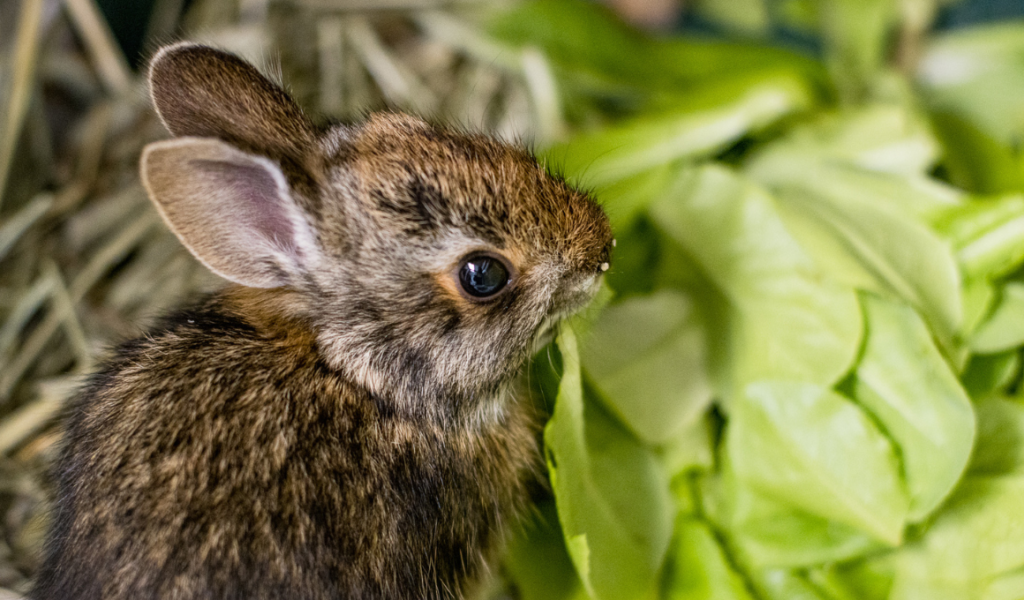
Rabbits
Mother rabbits leave the nest unattended for most of the day. Rabbits in the nest/den should be left alone unless they are injured, covered in flies/ants, or the nest has been disturbed by predators.
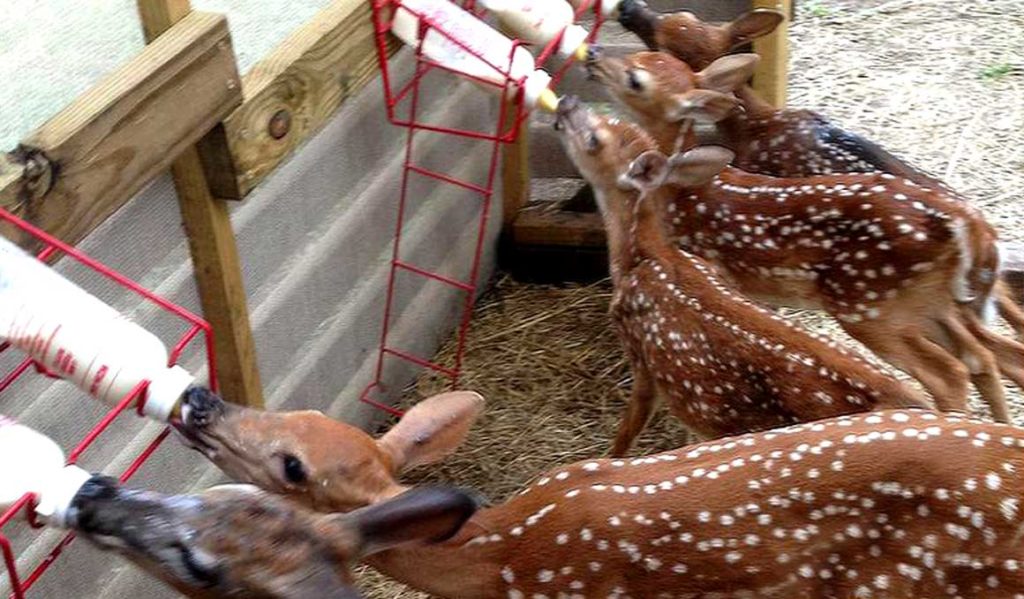
Fawns
Mother deer also leave their babies unattended for long periods. A baby fawn alone on the ground should not be disturbed unless injured, covered in flies/ants, or in immediate danger. Fawns in immediate danger can be moved a short distance to a safer space and left for the mother to find. If the mother does not return by dark, or if the fawn is moving around frantically, bleating, and appears to be in distress, it may be appropriate to bring it in. Please call us for more instructions at 713-861-9453. Remember, do not attempt to give any food or liquids!
Adult Birds & Mammals
The Houston SPCA’s Wildlife Center of Texas does not take in any healthy adult animals. If you are looking for help removing an animal from your home or relocating an animal from your property, please contact 911 Wildlife at 713-287-1911.
If you find an injured or sick adult animal, carefully throw a towel or blanket over the animal, wrap securely, and gently place it into a box. For large mammals, a shovel or broom can be used to gently push the covered animal into your container. Secure the box with tape to prevent escape and then bring the animal to us during our operating hours.
Please do not attempt to remove any animals from a glue trap. If you find an animal stuck to one of these traps, bring the animal and the trap into the center and we will remove it.
The Harris County Health Department classifies raccoons, skunks, bats, foxes, and coyotes as high-risk rabies vector species and special care must be taken to ensure that no saliva exposure occurs. Do not touch or attempt to contain one of these animals. Please call the Houston SPCA’s Wildlife Center of Texas at 713-861-9453 to speak with staff before bringing any of these animals to us.
Injured wildlife should be brought to The Wildlife Center of Texas as soon as possible, with the exception of “rabies vectors.” Injuries are often treatable, but the longer an animal has to wait before receiving care, the more difficult it is to successfully treat them. The Wildlife Center of Texas is open 7 days a week and works closely with veterinary staff at the Houston SPCA and students at Texas A&M’s College of Veterinary Medicine to give injured wildlife all the help they need.

Reptiles & Amphibians
Baby Turtles are on their own from birth and do not need to be brought in unless ill or injured.
Uninjured turtles found on roadways are most likely looking to make their nest and should be helped across in the direction they were traveling. Only bring in turtles if they are injured, appear ill, or are covered in flies/ants.
